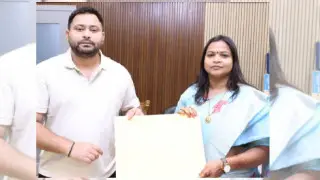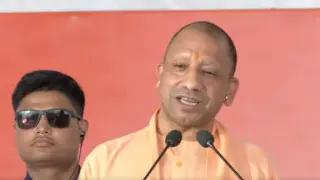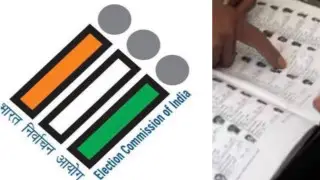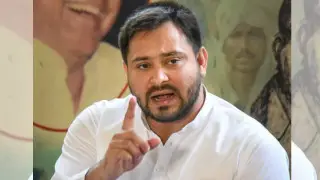
ANI
As part of a congressional delegation visiting India, Prime Minister Narendra Modi met with Nancy Pelosi and other US lawmakers on Thursday in a strong message to Beijing on the group's meeting with the Dalai Lama, the spiritual head of Tibet. Former US House Speaker Nancy Pelosi and US House Foreign Affairs Committee member Michael McCaul were two of the individuals that visited with PM Modi.
The team had earlier paid the Dalai Lama a visit on Wednesday at his home in Dharamsala. After their meeting with the Dalai Lama, US diplomats had a major diplomatic encounter with an Indian leader. The gathering conveys a strong message, especially to China, which has previously advised against these kinds of interactions.
WATCH: US Delegation, Including Nancy Pelosi, Michael McCaul, Gregory Meeks meets PM Modi in New Delhi pic.twitter.com/WOVdwJtR95
— Narendra Modi Fan (@narendramodi177) June 20, 2024
Here are 10 key points of this recent diplomatic engagement:
Prime Minister Modi's meeting with the Pelosi-led delegation sends a strong symbolic message, underscoring India's support for Tibet and its spiritual leader, the Dalai Lama.
The delegation, comprising bipartisan US lawmakers, had a significant agenda centered around human rights issues and regional stability in Asia, particularly concerning Tibet and China.
His Holiness the Dalai Lama remains a prominent figure in global discussions on human rights and religious freedom, despite China's objections.
Pleasure to meet with the bipartisan US Congressional delegation led by @RepMcCaul. Thank @SpeakerPelosi, @RepGregoryMeeks, @RepMMM, @NMalliotakis, @RepBera and @RepMcGovern for joining.
— Dr. S. Jaishankar (@DrSJaishankar) June 19, 2024
Appreciate their strong and continued support for the 🇮🇳 🇺🇸 strategic partnership. pic.twitter.com/ViDk0oIByD
The meeting underscores India's independent foreign policy approach and its strategic alignment with global democracies on key issues, including Tibet's autonomy and human rights.
Beijing has historically opposed any international recognition of the Dalai Lama or support for Tibet, viewing it as interference in its internal affairs.
The interaction between PM Modi and the US delegation reinforces the strategic partnership between the two countries, emphasizing shared values of democracy and human rights.
Discussions likely included broader regional stability concerns, such as the evolving security dynamics in the Indo-Pacific region.
The meeting has garnered attention worldwide, with both supporters and critics analyzing its implications for regional politics and Indo-China relations.
It highlights India's role in global diplomacy, leveraging its relationships with key nations to address sensitive geopolitical issues.
The outcomes of these meetings may shape future diplomatic engagements and policy decisions, impacting regional stability and international relations.
Prior to Tuesday, China had cautioned the US team not to meet with As part of a congressional delegation visiting India, Prime Minister Narendra Modi met with Nancy Pelosi and other US lawmakers on Thursday in a strong message to Beijing on the group's meeting with the Dalai Lama, the spiritual head of Tibet. Former US House Speaker Nancy Pelosi and US House Foreign Affairs Committee member Michael McCaul were two of the individuals that visited with PM Modi. The team had earlier paid the Dalai Lama a visit on Wednesday at his home in Dharamsala. After their meeting with the Dalai Lama, US diplomats had a major diplomatic encounter with an Indian leader.













Copyright © 2025 Top Indian News
